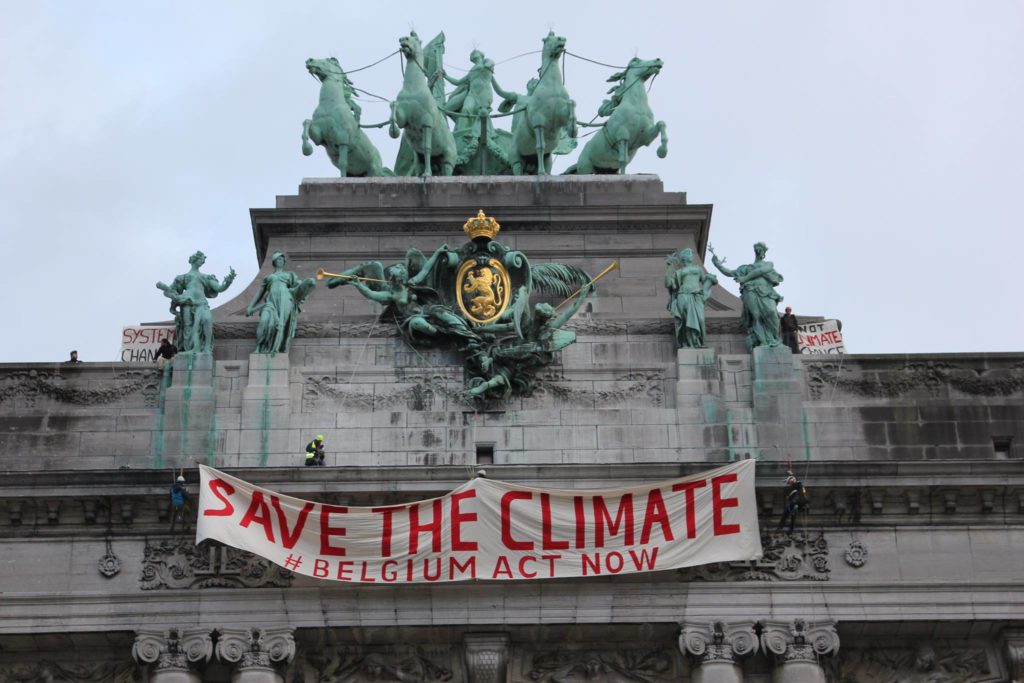The COP26 meeting in Glasgow did not end as scheduled on Friday at 7:00 PM, as negotiators from nearly 200 countries continued their discussions in the evening on the last draft of the final declaration put on the table by the British presidency of the UN climate conference.
Sources told RTBF on Friday evening that the UK presidency would have a new text on Saturday morning, ahead of a possible informal COP26 plenary that same day.
They were already behind schedule, and the topics that are causing delays are said to be the “usual suspects”: international climate finance, the level of ambition to reduce greenhouse gas emissions and the issue of irreversible “damage and harm” due to climate change.
For climate finance, things weren’t going well from the start, RTBF says. Developed countries initially promised in Copenhagen in 2009 (COP15) to raise, from 2020, $100 billion USD a year in aid for the countries most affected by climate change, for which they are moreover, given their low level of greenhouse gas emissions, the least responsible.
“We need to put the money on the table,” British Prime Minister Boris Johnson said on Friday.
Related News
- 'Belgium should be ashamed': Anuna De Wever on COP26 performance
- Environment minister and activists clash over Belgium's climate goals
- 'Time is running out': Climate summit not on track to reach objective
Those most-affected countries, primarily southern countries and small island states, are calling for more money to fight climate change, a better balance between funds for mitigation (the vast majority of current funds) and adaptation, and they also want to open a new funding channel for loss and damage.
The Paris agreement also calls for a new amount, starting from a floor of $100 billion USD per year, to be set for the post-2025 period. But the poorest countries have estimated funding needs of up to $1.3 trillion USD, a huge amount that is likely posturing for negotiating.
“The governments of developed countries were able to disburse thousands of billions of dollars in a few days to stabilise their economies in the face of the Covid-19 pandemic, and yet they say they would not be able to increase their climate financing,” representatives from those countries have said.

Anuna De Wever at COP26 in Glasgow.
Belgian climate activist Anuna De Wever has already expressed disappointment in the COP26 meeting, saying Belgium should not leave feeling victorious, but rather ashamed.
The latest draft decision calls on states who have signed the Paris agreement to raise their emission reduction commitments from the end of 2022.
The text, which would be a first if adopted, calls for an accelerated exit from coal (without carbon capture technology).
While the wording has been watered down from a first draft of the text, the mention, albeit half-heartedly and convolutedly, of the end of coal and fossil fuels is seen by NGOs as a (half) victory.

